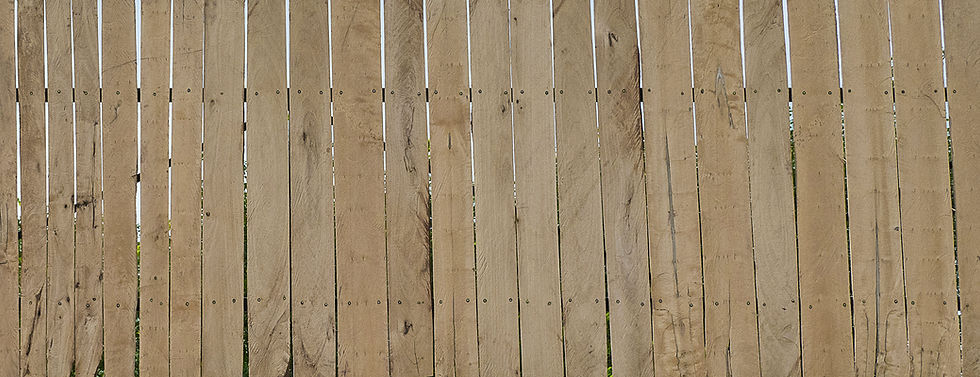Fences - Who's Responsible?
- Arnet Law
- Feb 17, 2021
- 2 min read
Updated: 8 hours ago

We are in the middle of a construction boom, there are many new subdivisions being opened up and, well, as a rural land owner you often have quite extensive boundaries. Fencing them can be expensive. What are the actual legal requirements for a fence?
Who contributes?
Generally, if you want to build a fence on a common boundary with your neighbour, or upgrade an existing one, you can expect the neighbour to go halves on the bill for an "adequate" fence. That is, one that is "reasonably satisfactory" for the purpose it is intended to serve. Discuss your plans with your neighbour before you start putting in the posts, and try as much as practicable to keep the proposal reasonable. They are entitled to object if they disagree about what is appropriate. If you can’t reach an agreement, or your neighbour refuses to pay half, there is a formal process you can follow. First, you must serve your neighbour with a "fencing notice".
What should the "fencing notice" say?
The notice should state that it is served under the Fencing Act 1978 and contain the names and addresses of both you and your neighbour. It must describe:
• The boundary to be fenced.
• The type of fence to be built.
• Who will build the fence.
• The estimated total cost.
• How materials are to be purchased.
• The start date for work.
As well as various other matters set out in the act. For a notice to be valid it is important that it is completed correctly and “served” on the other party in accordance with the law.
What if my neighbour doesn't want a new fence at all?
They should serve you with a cross-notice. They can object to part or all of your proposal if they believe the existing fence is adequate, or think your proposal is excessive. They can also object to being asked to pay if they don't own the property. This cross-notice must be served on you in the same manners as the Fencing Notice was served, and as with the Fencing Notice, the cross notice must include certain information.
What happens next?
If you can't agree between you, your options to resolve the dispute include mediation, arbitration, a Disputes Tribunal or a District Court. There are a raft of other issues and questions that arise when it comes to fences, some include Exactly where should the fence go?, and We had a fence, but my neighbour destroyed it. Now they want me to help pay for a new one. Do I have to?
For expert legal advice talk to your South Auckland, Pukekohe straight talking legal team today.


Comments